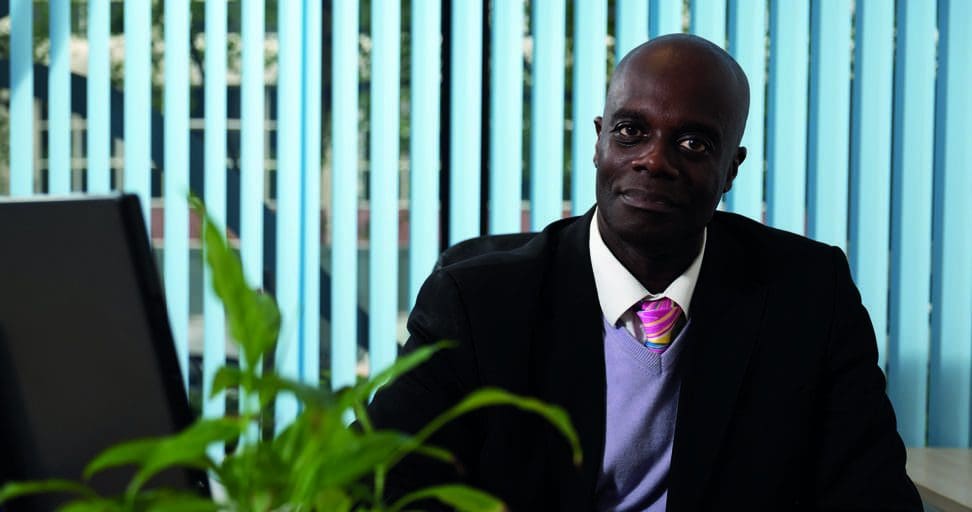All parents are part poet, part philosopher and part preacher. This pretty much sums up what is needed to navigate the waters of child development. However, when a child comes into the world, parents aren’t handed the master charts of the parenting oceans – it’s sink or swim!
Many parents ask what does Parental Responsibility (PR) allow them to do; and how do they acquire it? Unfortunately, PR is a bit like an elephant, whereby the observer knows what it is but cannot necessarily describe it in a way which provides an instantly recognisable picture. It resists an easy summary. Parents intuitively know that PR is a desirable edict with attributive worth because it signifies commitment, kinship and duty.
Parental Responsibility is defined as ‘all the rights, duties, powers, responsibilities and authority which by law a parent of a child has in relation to the child and his property’. But what does that mean precisely? Although not wholly useful to devise a long list of things PR encompasses, it would definitely include matters such as providing a home for the child, teaching the child right from wrong, feeding and clothing the child, protecting and maintaining the child, and exercising discipline over the child. Broadly speaking, it covers decisions relating to education, religion, health and general welfare. The state won’t usually interfere in parents’ right to choose for their children unless such choice gives rise to the risk of significant harm. One judge sums the situation up quite nicely, in a famous dictum which is known by most family lawyers: ‘society must be willing to tolerate very diverse standards of parenting, including the eccentric, the barely adequate and the inconsistent… These are the consequences of our fallible humanity’.
Biological mothers automatically acquire PR, and so do biological fathers who are on the birth certificate, or who are married to or subsequently marry the child’s mother. Everybody else has to either make a court application or enter into a validly executed PR agreement, in the prescribed form, although only fathers and step-parents can do the latter.
So, if you don’t have to be the ‘best parent in the world’ to acquire PR, what do applicants need to prove? Although, not a ‘test’ as such, the courts would expect there to be, at the very least, clearly demonstrated commitment, a degree of attachment and a good motive. However, the courts still retain a discretion whether or not to grant PR. It will only do so if it meets the child’s welfare needs. Having said that, the courts recognise that children have identity needs, self-esteem needs and other emotional needs. So, although PR is a matter of status for the parent/step-parent/carer, it is also a matter of status for the child.
Sometimes fathers (usually), perhaps understandably, ask ‘why should I pay child maintenance if she doesn’t let me see them?’ or ‘I’m on the birth certificate! Don’t I have any rights?’ Such fathers are unlikely to be pacified by the model exam answer that PR has to be exercised reasonably, for the benefit of the child. They can be forgiven perhaps for, therefore, citing a litany of ‘wrongs’ that the mother has allegedly perpetrated by ‘weaponising’ or ‘alienating’ the children. Indeed, frustratingly for many fathers, there is a statutory duty for them to pay maintenance, which stands alone from and is not linked to, the resident parent’s duty to promote contact, if it is safe to do so. This is understandably a bitter pill to swallow, not made sweeter by the maxim that two wrongs do not
make a right.
A word of warning! PR has to be exercised for the benefit of the child, not the adult. It does not amount to a supreme right to be consulted on routine, daily decisions, which the resident parent is reasonably exercising with regards to the child. Nor does it present an unchallengeable right to intervene, as such.
‘Benefit’ is, of course, a highly philosophical concept, so just as well that parents are expected to wear philosophy as part of their parenting amour!
Contact Bastian Lloyd Morris on 01908 546580 or visit www.blmsolicitors.co.uk













